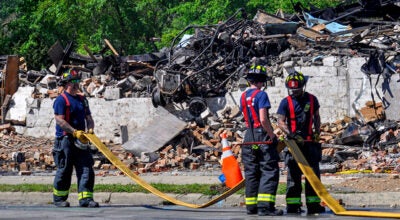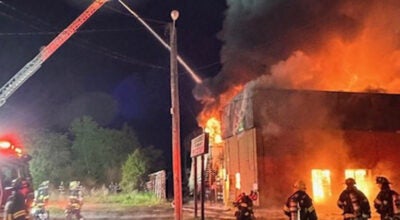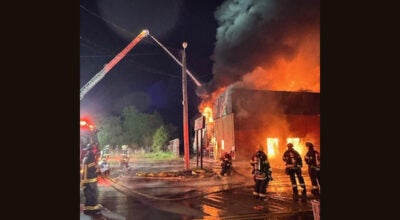Policy Committee reviews possible changes for public comment, special meetings
Published 7:30 pm Thursday, December 3, 2020
|
Getting your Trinity Audio player ready...
|
Suffolk School Board members who want a special meeting to be called will have to get two other board members, plus its chairperson, to agree to it under a proposed policy agreed to by its Policy Review Committee.
The committee, made up of board chairwoman Phyllis Byrum and vice chairwoman Dr. Judith Brooks-Buck, received four different options from board attorney Wendell Waller on when board members could request a special meeting. They included:
- Option 1: When requested by two or more members with agreement of the chairperson.
- Option 2: When requested by at least one member with agreement of the chairperson.
- Option 3: When requested by a majority of members of the board.
- Option 4: When called by the chairperson.
Brooks-Buck said that under option three, the chairperson would have to designate someone to chair the meeting.
“To me, option three would be the option that would make more sense, because the majority of the board would be there so the meeting could take place,” Brooks-Buck said, “and then the chair’s involvement would be necessary as well, so you’d know you’d have the people there to have a business meeting to make a decision.”
Waller then suggested an increase in the number of board members needed to call a special meeting to three, as well as the chairperson — “that way you wouldn’t have to worry about someone designated to chair the meeting because the chair would also have to be involved in calling it.”
After discussion, Byrum and Brooks-Buck agreed that three members plus the chairperson would need to agree on a special meeting.
The proposed policy will get a first reading before the full board at its Dec. 10 meeting.
The committee also deliberated on how much time to give to public comments during the early comment period at board meetings, which allows for comment on items on the board’s agenda.
Currently, the board allows for 30 minutes of public comment, with each person receiving no more than five minutes.
However, that policy came into question at an October board meeting in which the board heard from more than a dozen speakers wanting to address the school division’s return to school plan. Some had to cut their comments short, or were asked to speak during the non-agenda speakers part of the meeting.
Brooks-Buck suggested capping the total time for public comment at 45 minutes, but provide for a time range for members of the public to speak, allowing them three to five minutes.
Waller said that time range would allow for up to 15 speakers. Byrum said that if speakers went over the allotted time during the early public comment period, then they shouldn’t be able to speak later in the meeting during the time reserved for public speakers on non-agenda topics.
“I think we need to include that somehow in the policy so that people will know that if they have chosen to speak (in) the early appearance slot, they will not be permitted to then come back and choose to speak later,” Brooks-Buck said.
Superintendent Dr. John B. Gordon III said the board clerk, if there will be more than 15 speakers, could then contact speakers ahead of the meeting to give them the option to speak during the non-agenda public comment period later in the meeting. Brooks-Buck suggested contacting people beforehand and asking them to edit down their speeches if many are signed up.
To speak on agenda topics, people must contact the board clerk by noon of the day before its meeting. If there are more than 15 speakers under the proposed policy, the clerk would then contact the board chairperson to determine the amount of time members of the public would be allowed to speak.
“We could just do the math,” Gordon said.
The committee also agreed that the proposed policy should separate the written comments received from the time limit.
Said Waller: “All of that needs to be laid out in this policy.”
Waller said the speakers could address the board first, followed by the written comments, with those not counting toward the time limit.
Waller also asked whether they would want to consider providing people with a minimum time they would be allowed to speak during the public comment period. Both Byrum and Brooks-Buck agreed with that. Byrum said three to five minutes would be a good range.
“That gives them a better idea to prepare,” Byrum said.
This policy will also get a first reading at the Dec. 10 board meeting. Brooks-Buck said the proposed policy is about giving people input.
“I’m just thinking of how we can do the business smoothly,” Brooks-Buck said, “without holding up, if we have kids ready to sing for us and businesses ready to present to us and teachers ready to present and people ready to present and the meeting lasts so long that by the time we get to the children they’ve fallen asleep in their seats.”






